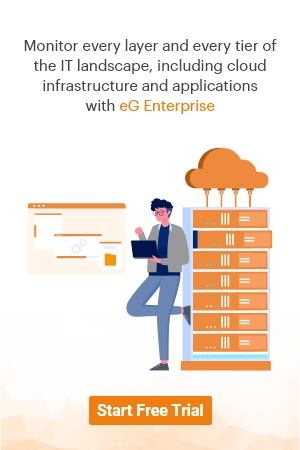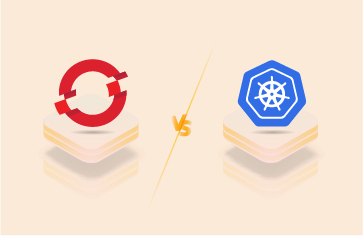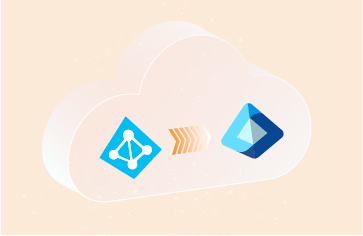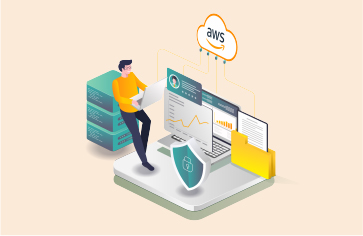 There has been a lot of debate on how cloud computing is going to evolve. This year’s Gartner IT Infrastructure Operations and Management Summit a couple of weeks ago was all about cloud computing. Clearly, the public cloud is here already. One can use Amazon, GoGrid, and others to get pay-per-use services. When will private cloud truly emerge, or will hybrid cloud be the way forward? These questions come up often in any cloud computing discussion these days. Here’s my view based on what I’ve heard from our customers, industry analysts, press folks and others.
There has been a lot of debate on how cloud computing is going to evolve. This year’s Gartner IT Infrastructure Operations and Management Summit a couple of weeks ago was all about cloud computing. Clearly, the public cloud is here already. One can use Amazon, GoGrid, and others to get pay-per-use services. When will private cloud truly emerge, or will hybrid cloud be the way forward? These questions come up often in any cloud computing discussion these days. Here’s my view based on what I’ve heard from our customers, industry analysts, press folks and others.
Cloud computing is all about agility, automation, and metering. Virtualization is of course the underlying technology that makes this possible. Many software stacks have emerged offering the automation and the glue around virtualization to make dynamic provisioning, and self-service on-demand possible. Just like virtualization did in its early days, cloud computing is being used for testing and training environments. Most enterprises trying out cloud computing are relying on the public cloud providers.
There is unanimous agreement that small/medium enterprises will primarily look at the public cloud providers for services. The cost and the pain of setting up and managing private cloud environments will not be worth it. These enterprises do not have the same privacy and security concerns that large enterprises do.
Large enterprises are starting off with the public cloud services to test how cloud computing works and to gauge the business benefits. In many cases, the adoption is at the department or project level, not at the business unit or higher level. Many a times, the tests are being conducted without corporate buy-in or approval – a project manager uses a couple of servers to test his/her new application, and with a public cloud provider, he/she could order and use the servers needed in a few minutes, rather than wait for days or weeks for the IT department to procure and provision these systems. Even in our own little organization, we are seeing this today!
As large enterprises begin to understand the benefits, corporate IT will start to build private cloud infrastructures. Security considerations will mean that these enterprises will need to have all their data in-house and hence, private cloud will be the way to go. Analysts predict that even the large enterprises will be forced to look at public cloud providers for cost-efficiencies and that probably they will have agreements with the public cloud providers to use a secure set up of servers for disaster recovery or for overdraft protection, when the load on their own cloud environment goes beyond the expected workload. This is where the hybrid cloud model will emerge.
In the midst of all the hype, we tend to forget the main thing – the ultimate goal of cloud computing is to achieve successful business outcomes at a reduced cost. Many an IT project has failed because of its focus on technology and not on the business outcome. Hopefully, cloud computing will not be one such. It’s time for everyone to start to focus on the business outcome and not on whether to go with a private, public, or hybrid cloud. Adopt whatever model makes sense for your business and focus on the end goal- achieving business value at reduced cost!
eG Enterprise is an Observability solution for Modern IT. Monitor digital workspaces,
web applications, SaaS services, cloud and containers from a single pane of glass.





